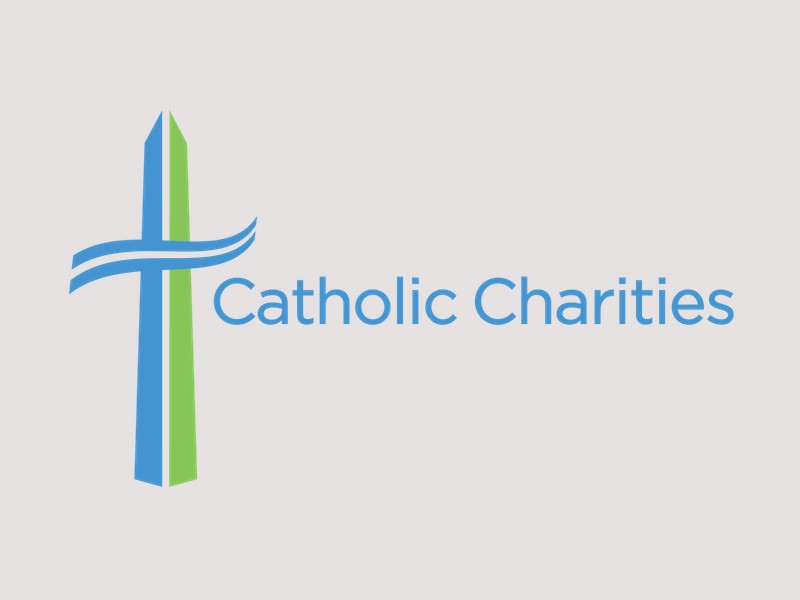Professional Counseling Education Program
Fully funded Training Opportunity
Requirements for Eligibility
- Must meet minimum educational requirements to qualify for a Certified Addictions Counselor, which include at least an Associate’s Degree in a health or human service field.
- Must provide a letter of recommendation from your supervisor OR letter of support from Certified Addiction Counselor professional
- Must provide an attestation of intent to apply to become a Certified Addictions Counselor in Washington, DC.
- Must provide an attestation of intent to work in Washington, DC as a Certified Addictions Counselor.
- Current employees of non-government agencies providing behavioral health services in Washington, DC preferred. (Include referral letter from current employer)
285 NAADAC-Approved Hours of Training
| Ethics and Professional Development | Assessment with the ASI |
| Rules & Regulations/CFR | HIV/AIDS/Infectious Diseases |
| Signs & Symptoms of SUD | Cross Cultural Aspects of SUD Counseling |
| Human Development | 12 Step Programs |
| Mental Health Disorders/CoOccurring Disorders | CoDependency/Families & SUD |
| Effects of Trauma | Crisis Intervention |
| Pharmacology | Relapse Prevention |
| Opioid Crisis and Counseling Implications | Clinical Writing Skills |
| Counseling Theories | Addictions & Criminal Justice System |
| Micro-counseling skills | Twelve Core Functions of Addictions Counseling |
| Individual and Group Counseling | Field Practicum Preparation |
Faculty
Highly qualified, credentialed and experienced professionals.
Classes begin with Student Orientation, on January 10, 2023 and end July 14, 2023.
Class Schedule
Classes are held via Zoom on Tuesday, Thursday and Friday evenings from 6:30-9:00 pm and on 11 Saturdays from 10:00 am to 4:30 pm
Location if Classes Meet in Person
Catholic Charities Anchor Mental Health
1001 Lawrence Street, NE
Washington, DC 20017
Near Brookland Metro Station; Free parking
Email for an Application
Nancy Butler, Ph.D., Director
nancy.butler@cc-dc.org
202-271-4121
This activity is sponsored by the State Opioid Response grant through the District of Columbia
Department of Behavioral Health






